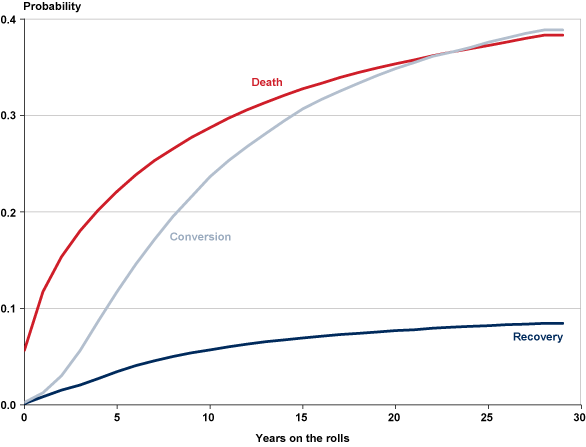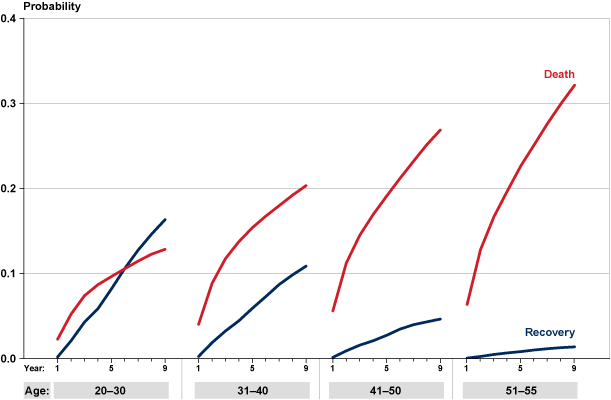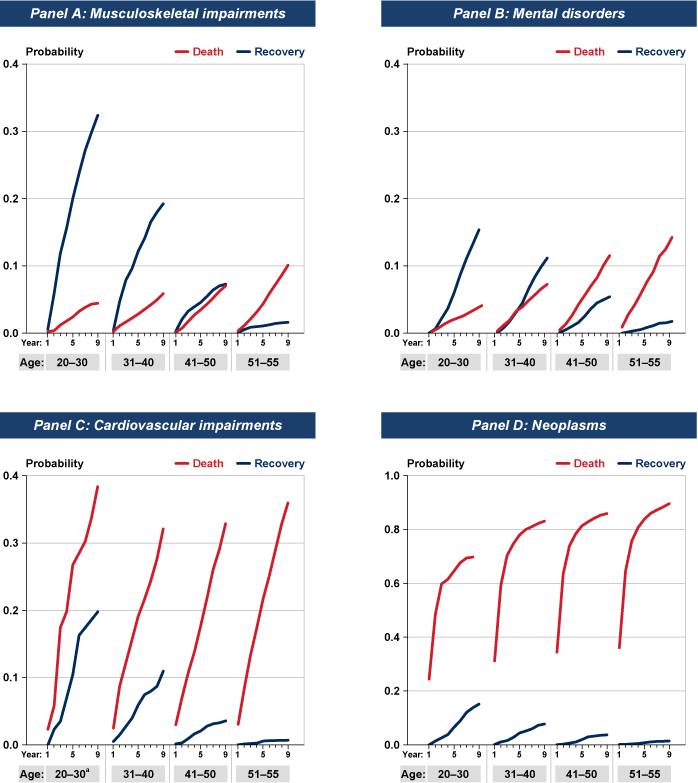Three researchers associated with the Center for Retirement Research at Boston College have taken a look at representative payees and retirees with dementia. Representative payees help those who can no longer manage their money. Usually, representative payees are family members or friends.
It turns out that while over 10% of retirees have dementia, only 1.5% have a representative payee. The report notes that many of those without a representative payee receive help anyway. For those with mild cognitive impairment 85% have some help and 95% of those with dementia receive help. As a personal aside, I'm familiar with how this happens. I've ended up handling the financial affairs of two relatives with dementia who have since passed away. In neither case was I appointed representative payee.


